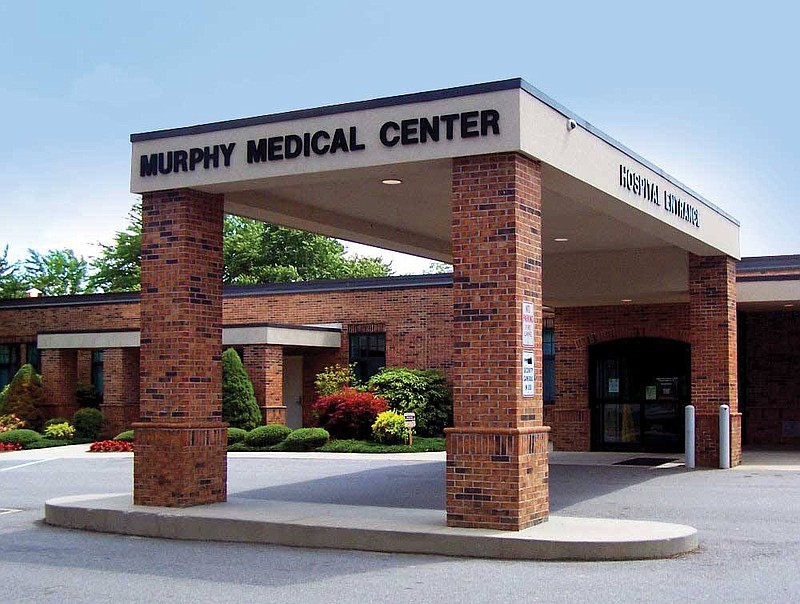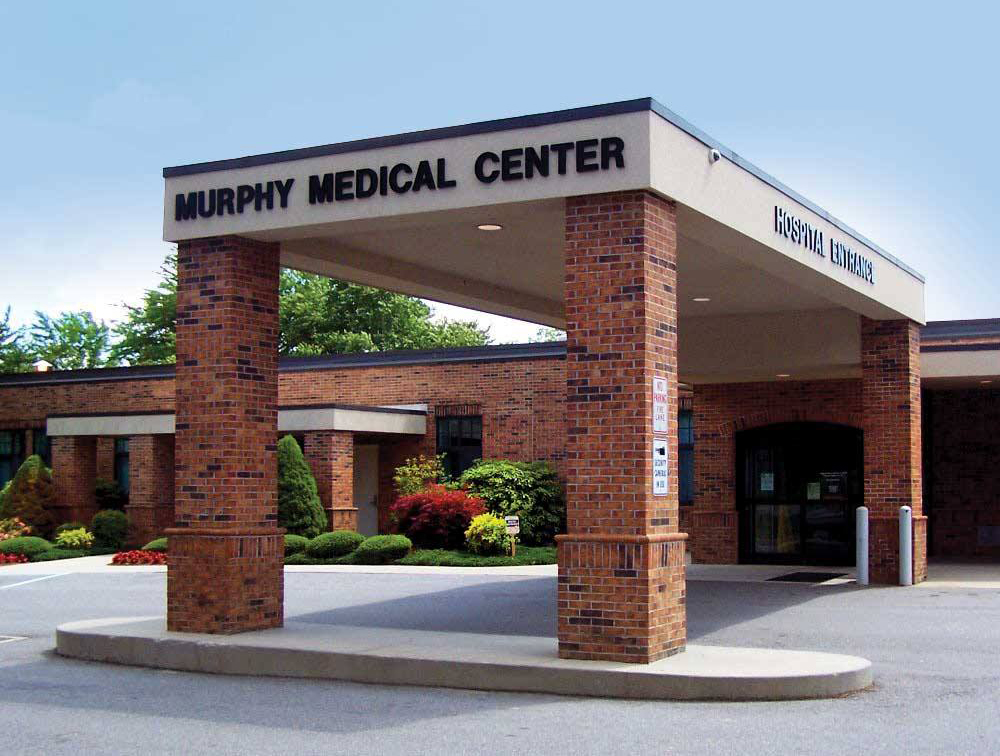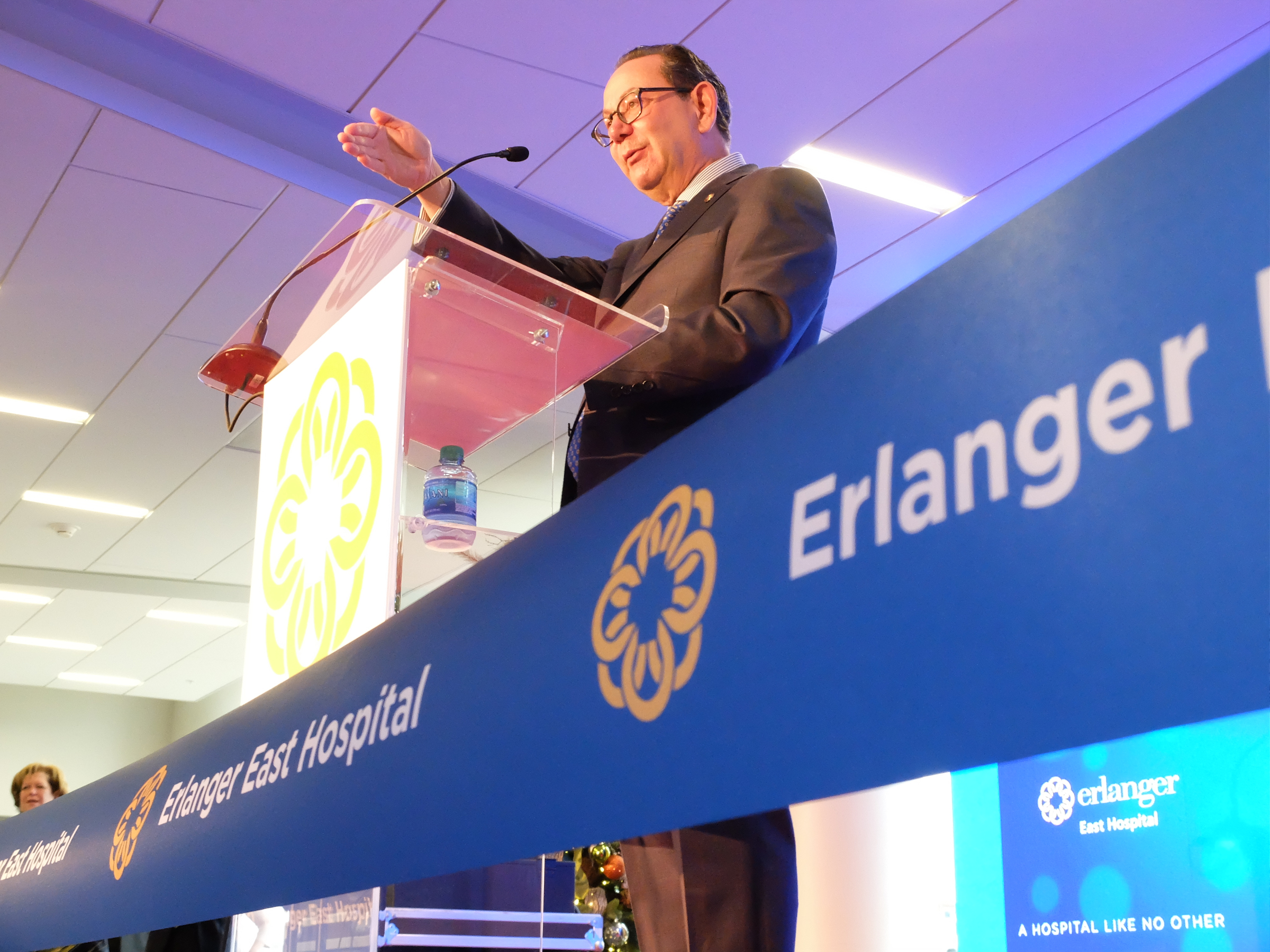Erlanger Health System brought a sixth hospital into its growing empire following a "yes" vote from the Chattanooga-Hamilton County Hospital Authority Board during a standing-room-only meeting Thursday evening.
Vice Chairman Mike Griffin, who filled in for Chairman Jack Studer, said the board "felt great" about the move to bring Murphy Medical Center, a 25-bed critical access hospital with 400 employees in western North Carolina, into the Erlanger system.
About two years ago, Murphy Medical began seeking partnership with a larger health care system, Murphy CEO Mike Stevenson said.
Like many small, rural hospitals across the country, Murphy faced the growing challenges of limited resources, high costs, federal regulations and isolation.
Physician recruitment was the hospital's biggest challenge, as many doctors prefer the support and benefits that come with practicing in larger groups. With the exception of some mid-level providers, currently there are no family practices accepting new patients in the town, according to Stevenson.
Murphy Medical isn't alone in its struggles, and Stevenson said the deal with Erlanger was necessary to avoid the fate of 25 rural hospitals in Tennessee, North Carolina, Georgia and Alabama that have closed since 2010.
George Pink, professor and deputy director of the North Carolina Rural Health Research Program at the University of North Carolina, Chapel Hill, said the Erlanger and Murphy Medical deal demonstrates a growing national phenomenon.
"The rural hospital itself may approach the health system and say, 'We can read the writing on the wall: the day of the independent, free-standing rural hospital is quickly coming to a close," Pink said, adding that a trend toward population health, financial gain, competitive advantage and certain policies are all potential drivers of hospital mergers and acquisitions.
Tom O'Brien, chairman of the Murphy Hospital Authority, said "the biggest thing for our residents is having the possibility of long-time care in the future and the strength of Erlanger."
Erlanger's presence in Murphy, N.C., isn't new. In fiscal year 2014, 98 patients were transferred to Erlanger from Murphy Medical, and Erlanger projected that number will grow to 592 in fiscal year 2018.
Michael Ramey, a principal at Pershing, Yoakley and Associates, which performed a financial analysis of the deal, said it's advantageous for Erlanger to keep those patients close to home when possible.
"It allows Erlanger to operate at its highest and best use, and that is a tertiary, academic health center," he said. "So the patients that need to be at Erlanger from the community have the provider network ... but then they also have the care locally."
Murphy Medical Center brings approximately $30 million in net assets and $4.1 million in long-term debt. All but $1.4 million of that debt will be paid in the transaction.
During his dean's report, Dr. Bruce Shack, dean of the University of Tennessee College of Medicine in Chattanooga, addressed a resolution passed in the previous monthly board meeting that directed Erlanger to review and enforce the terms of the hospital's affiliation agreement with the University of Tennessee and its Health Sciences Center.
"As all the board members know, we are currently involved in conflict resolution issues with the hospital," Shack said. "[Erlanger CEO Kevin] Spiegel and I meet regularly, and we've recently brought the chancellor, Dr. [Steve] Schwab, into these meetings via telephone conference so that we plan to go through each of the items one by one and resolve them all."
Shack reiterated his desire to retain the relationship between the university and the hospital.
Among other resolutions, the board approved construction of a new radiation therapy center at Erlanger East Hospital and replacement of two aging linear accelerators at the main hospital. The project is projected to cost nearly $9.8 million.
Contact staff writer Elizabeth Fite at efite@timesfree press.com or 423-757-6673.


